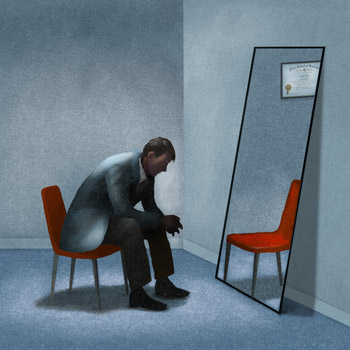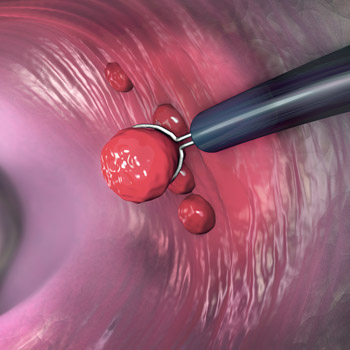Editor's Note
This issue addressed physician death by suicide, physician mental health and well-being, and early onset colorectal cancer.
The COVID-19 pandemic has stretched many to the breaking point, especially in health care. Physicians have put their lives on the line through the first, second, third, and now fourth waves of COVID-19, which has been fueled in the U.S. and elsewhere by lagging vaccination rates and the rise of the delta variant. Well-being, always a concern in a high-stress profession, has become even more critical now.
On Sept. 17, ACP and others will mark National Physician Suicide Awareness Day. Our story tells the story of an ACP Member who died last winter by suicide, offers the perspectives of family members and experts in mental health and well-being on ways to open dialogue and reduce stigma around this issue, and provides advice and resources to help promote prevention.
A related Q&A discusses the importance of emotional as well as physical personal protective equipment (PPE). The cofounders of the Emotional PPE Project, a nonprofit directory connecting health care workers with licensed mental health professionals, and one of ACP's Well-being Champions talk about mental health among physicians, especially during a global pandemic, and why and how it's important to normalize reaching out for help.
Another story in this issue looks at early-onset colorectal cancer and the U.S. Preventive Services Task Force's recent recommendation that screening in average-risk adults begin at age 45 rather than age 50. Rates of colorectal cancer have been rising among younger adults in the U.S., with data from the American Cancer Society finding an increase of 2.2% per year from 2011 to 2016 in those younger than age 50 and 1% per year in those ages 50 to 64. Mortality rates from colorectal cancer have increased among younger patients, too. Our story delves a bit deeper into the numbers and the latest expert guidance on screening, as well as why primary care physicians should start screening discussions early and take a careful history to find younger patients with additional risk factors, such as a family member with the disease.
With wildfires once again affecting California and the Pacific Northwest this summer, patients may be asking their physicians how to handle pollution. Our story offers some advice on having these discussions in your practice. Finally, ACP's President, George M. Abraham, MD, MPH, FACP, continues his series of columns focusing on inclusivity with a look at international medical graduates, while ACP's Senior Vice President for Governmental Affairs and Public Policy reports on ACP's vision for U.S. health care 20 months after its release.
ACP is here to support members always, and particularly during these tumultuous times. Access all of our well-being resources, including our new I.M. Emotional Support Hub.
Sincerely,
Jennifer Kearney-Strouse
Executive Editor




